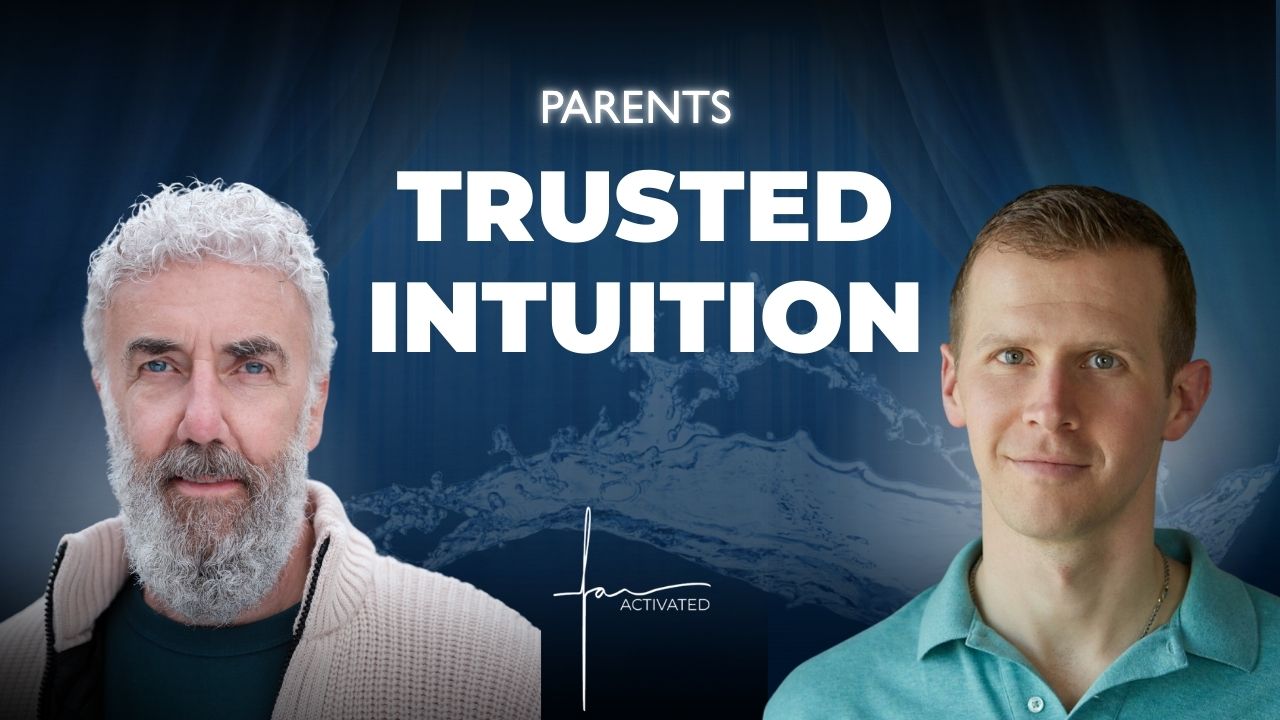
Every year it seems people are jumping to try another diet craze. From Atkins to Paleo, there’s always a new diet plan that promises weight loss and a healthier life.
You may have heard about a diet called the keto diet, or the ketogenic diet. There’s been a lot of talk surrounding this diet, but how much do you really know about it?
It’s always important to know what you’re getting into before you commit to any diet. Not all diets work for every body type, so it’s important to do your research.
Today, we’re going to help you answer some questions you may have about the keto diet and break down the biggest pros and cons from the experts.

What is the keto diet?
According to Authority Nutrition, the keto or ketogenic diet “involves drastically reducing carbohydrate intake, and replacing it with fat. The reduction in carbs puts your body into a metabolic state called ketosis. When this happens, your body becomes incredibly efficient at burning fat for energy. It also turns fat into ketones in the liver, which can supply energy for the brain.”
Ruled.me says when you’re eating a high carb diet, your body produces glucose and insulin. Glucose is the easiest thing for your body to convert and use as energy. When this happens, the fats you take in are not needed for energy so they're stored instead.
When ketosis happens to your body, it produces ketones that come from the breakdown of fats in the liver. Through this, your body can now use the ketones and fats as energy, burning them off instead of storing them.
Typically, this diet requires a carb intake of less than 50 grams daily (to help you picture that, a banana has about 23 g of carbs, a small slice of bread has about 15 g of carbs).
While this diet has really only come into the spotlight more recently, it’s been studied for years. With a number of studies making cases both for and against the keto diet, we’ve sifted through the good and the bad, to help you understand what you might be getting yourself into.
So, what are the pros and cons?

The positives
The first, most obvious benefit of the keto diet is that for many people it does seem to lead to weight loss. This is due to a reduction in insulin levels and an improvement in the body's ability to burn fat that is otherwise stored.
A 2014 study published in the International Journal of Environmental Research and Public Health states that “one of the most studied strategies in recent years for weight loss is the ketogenic diet. Many studies have shown that this kind of nutritional approach has a solid physiological and biochemical basis and is able to induce effective weight loss along with improvement in several cardiovascular risk parameters.”
Interestingly, according to a feature done by Global News, this type of diet was actually used in the 1920s to treat childhood epilepsy and is still being used in this way today.
Authority Nutrition says that “research shows that seizures typically improve in about 50 percent of epilepsy patients who follow the classic ketogenic diet. This is also known as a 4:1 ketogenic diet because it provides four times as much fat as protein and carbs combined.”
According to Dr. Mercola, your brain will thank you too.
“Your brain will work better in general when burning fat rather than glucose, as fat has been shown to be both neurotherapeutic and neuroprotective. While fats are unable to cross the blood-brain barrier, ketones, being water-soluble fats, can cross it and feed your brain. [...] Ketones are the preferred source of energy for your brain in general, but especially for those affected by diabetes, Alzheimer's, Parkinson's and maybe even ALS, because in these diseases certain neurons have become insulin resistant or have lost the ability to efficiently utilize glucose, which causes the neurons to die off.”
Eating the keto way even shows promise for reducing the frequency of migraines.
Finally, some sources report that the keto diet can be good for your heart. Ketogenic Diet Resource says this diet can lower blood pressure and drop triglyceride levels.
“The less carbohydrate you eat, the lower your triglycerides readings will go. The ratio of triglycerides to HDL is the best predictor of heart attack risk and is one of blood test results to which you should really pay attention. The closer the ratio is to 1:1, the healthier you are."
There are a number of keto diet success stories online, including the one found in the Global News feature, but there are many experts who don’t agree with the keto diet and what it entails.
Now that we’ve laid out some of the biggest pros of the diet, it’s time to get into those cons.

The Negatives
In that same Global News feature, Jessica Begg, a registered dietician from Shift Nutrition said that “the diet really doesn’t have any scientific definitions, and some will cut out gluten, sugar, starchy vegetables and fruit, altogether. And sometimes, she adds, people don’t realize carbs are basically in everything.”
Plus, when you first start the keto diet, you may experience something called “the keto flu”. Authority Nutrition says that many people experience flu-like symptoms due to low carbohydrate intake, including headaches, fatigue, brain fog, poor sleep, nausea and decreased physical performance.
Your exercise routine may be negatively affected as well.
Dietician Abbey Sharp told Global, “When we skip the carbs altogether, muscle glycogen stores get depleted, we lose out on those muscle-building opportunities. Forget about high-intensity training, a depleted glycogen store also means our workouts will suffer because we just don’t have enough oil left in the tank.”
Being unable to take part in high-intensity workouts, particularly at the start of the diet, is definitely not a positive aspect.
Plus, if you already have any type of kidney issue, WebMD says that eating too much protein can put added stress on your kidneys and worsen their function.
Also, a high protein diet often means there is more calcium in your urine than normal. This, in turn, can make kidney stones and osteoporosis more likely, according to some experts. However, it’s important to note that the experts do not agree on the effects that this diet may have on your kidneys. There is a lot of conflicting information online in this respect.
A more common issue is digestive problems that often come with the diet. Constipation due to a lack of fiber in your diet and not drinking enough fluids is a common concern.
While triglycerides levels go down with keto as mentioned earlier, LDL cholesterol levels may go up. KetoDiet Blog says “LDL cholesterol response to carbohydrate restriction is variable; it's believed that roughly 50% of people experience a rise while the other half either see a decrease or experience no change.”
If cholesterol is an issue for you, speak to your doctor before trying this diet.
While the diet can be healthy for your brain overall, it can also lower your concentration levels and your overall mood.
Finally, the keto diet is also a very restrictive way to eat, which can be quite difficult for many people to stick with. Studies show that while it does have better results for weight loss in the short-term than other diet types, in the long-term it doesn't actually make a difference, so if the restrictive nature of the diet presents a challenge for you, you might be better off trying to lose the weight a little more slowly. The only diet that can work is the one you stay on.
Studies show that while it does have better results for weight loss in the short-term than other diet types, in the long-term it doesn't actually make a difference, so if the restrictive nature of the diet presents a challenge for you, you might be better off trying to lose the weight a little more slowly. The only diet that can work is the one you stay on.
Making a call
It’s very difficult to navigate the ins and outs of the keto diet, as there are a number of conflicting opinions.
Whether you choose a specific diet or simply try to eat healthy, whole foods every day, it's important to remember that when it comes to eating and weight loss, calories expended must exceed calories in. In other words, you need to burn more than you eat.
Finally, if you're considering keto and you have any ongoing health issues, you should definitely discuss the diet with your doctor to make sure it’s right for you before starting.
There are natural supplements that can be combined with the keto diet — or any other healthy eating plan — that make weight loss faster and easier. Discover more now, click here.
Resources
http://globalnews.ca/news/3520236/keto-diet-plan-breaking-down-the-low-carb-high-fat-diet/
https://www.ruled.me/guide-keto-diet/
https://www.ncbi.nlm.nih.gov/pmc/articles/PMC3945587/
https://www.thepaleomom.com/adverse-reactions-to-ketogenic-diets-caution-advised/
https://ketodietapp.com/Blog/post/2015/01/03/Keto-Diet-Food-List-What-to-Eat-and-Avoid












Top 5 Natural Ulcer Remedies
10 Signs Your Gut Needs Help